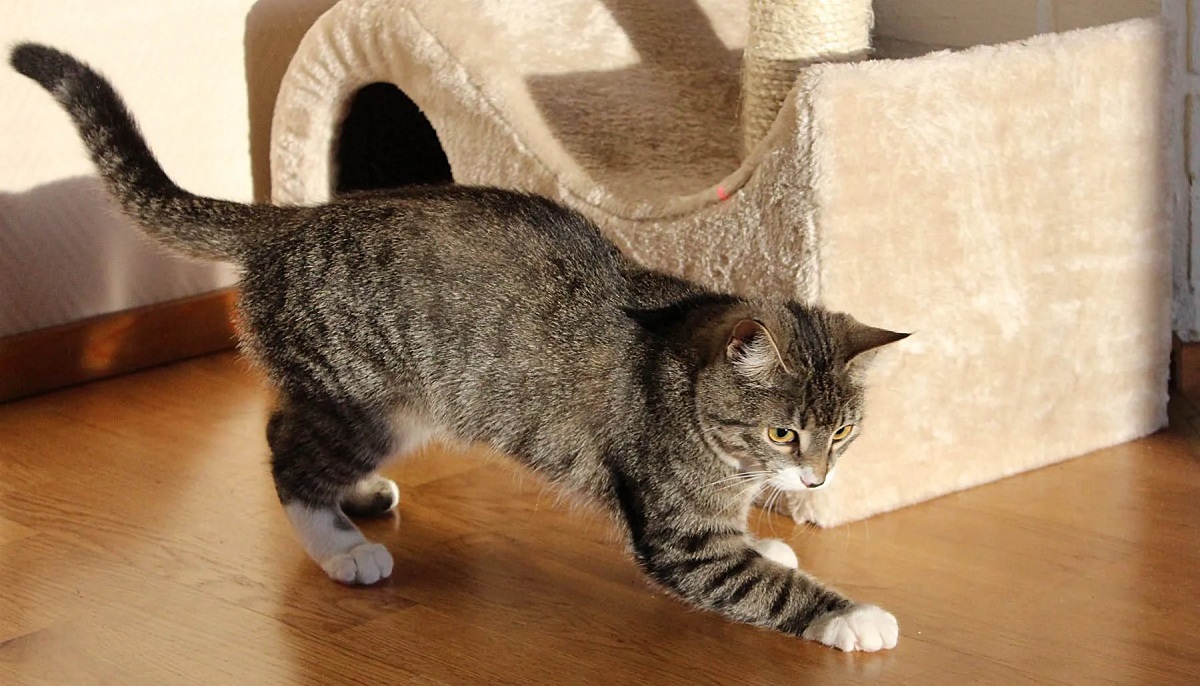

Articles
Why Do Cats Scratch The Floor
Modified: December 7, 2023
Discover why cats scratch the floor in this informative article. Learn about their instincts, behavior, and how to redirect this natural behavior.
(Many of the links in this article redirect to a specific reviewed product. Your purchase of these products through affiliate links helps to generate commission for Storables.com, at no extra cost. Learn more)
Introduction
Welcome to the fascinating world of cats and their behaviors! If you’ve ever shared your home with a feline friend, you might have noticed them scratching the floor from time to time. But have you ever wondered why they engage in this behavior? In this article, we will explore the various reasons why cats scratch the floor and delve into their instinctual behaviors.
Cats are naturally curious and inquisitive animals. They possess a wide range of innate behaviors that have been honed through evolution. Scratching is one such behavior that serves several essential purposes in a cat’s life. Understanding why cats engage in floor scratching can help us better understand their needs and provide them with an enriched and fulfilling environment.
So, let’s dive into the intricate world of our feline friends and uncover the reasons behind their floor scratching tendencies.
Key Takeaways:
- Cats scratch the floor to mark territory, stretch, maintain nail health, and relieve stress. Providing scratching posts and mental stimulation helps redirect this natural behavior.
- Understanding cats’ instinctual behaviors like floor scratching is crucial for creating a harmonious and fulfilling relationship with our feline companions. It’s not disobedience, but a natural need.
Read more: Why Do Cats Scratch On Furniture
The Natural Instinct of Cats
Scratching is an innate behavior that is deeply ingrained in cats. It is essential for their physical and emotional well-being. Cats have specialized glands located in their paws, known as scent glands, which release pheromones when they scratch. These pheromones act as a unique signature, marking the territory as their own and communicating important information to other cats in the area.
From an evolutionary standpoint, scratching served as a way for cats to mark their territory and establish boundaries. In the wild, cats would scratch trees or other prominent surfaces to leave their scent. This behavior not only warns other cats to stay away but also helps the cat feel more secure in their environment.
Additionally, scratching allows cats to stretch their muscles and flex their paws. It is a natural form of exercise that helps them maintain their agility and physical well-being. By engaging in this behavior, cats are able to release tension and keep their muscles toned.
Furthermore, scratching helps cats shed the outer layer of their claws, keeping them sharp and healthy. As cats scratch, the old, worn-out layers of their claws are removed, making way for new growth. It is essentially a form of self-grooming for their nails, ensuring they are in optimal condition for climbing, hunting, and self-defense.
Understanding the natural instinct behind floor scratching can help us appreciate the importance of providing appropriate outlets for this behavior. By offering cats suitable scratching surfaces, such as scratching posts or boards, we can help satisfy their instinctual needs while also protecting our floors and furniture from potential damage.
Marking Territory
One of the primary reasons why cats scratch the floor is to mark their territory. As mentioned earlier, cats have scent glands located in their paws that release pheromones. When they scratch, these pheromones are deposited onto the surface, effectively leaving their scent behind as a territorial marker.
By scratching the floor, cats are essentially communicating to other cats that this area belongs to them. The scent left behind acts as a clear signal that the space has been claimed and should be respected. This is especially important in multi-cat households or in outdoor environments where cats may come into contact with others.
Additionally, marking territory through scratching helps cats feel more secure and confident in their surroundings. It gives them a sense of ownership and control over their environment, which can reduce stress and anxiety. In a world filled with potential threats, having a designated territory provides cats with a safe space where they can feel at ease.
It’s important to note that scratching the floor is not necessarily an act of aggression or dominance. It is a natural behavior that stems from a cat’s need to establish their own space and communicate with other felines. Understanding this instinctual behavior can help us create an environment where cats can flourish and coexist peacefully.
Stretching and Exercise
In addition to marking territory, cats scratch the floor as a way to stretch their muscles and engage in exercise. Stretching is a vital component of a cat’s daily routine, helping them maintain their overall physical health and flexibility.
When cats scratch, they extend their bodies and arch their backs, which allows them to stretch their muscles and ligaments. Stretching helps to keep their joints supple and improves their range of motion, enabling them to move with agility and grace.
Regular exercise is crucial for cats to prevent weight gain, promote cardiovascular health, and stimulate their minds. Scratching the floor is a form of exercise that allows cats to engage multiple muscle groups simultaneously. As they dig their claws into the surface and pull their bodies forward, they engage the muscles in their legs, shoulders, and back.
In addition to physical exercise, scratching can also provide mental stimulation for cats. It allows them to focus their energy and provides an outlet for their natural hunting instincts. By scratching the floor, cats mimic the motions they would use when hunting prey, further satisfying their primal instincts.
By understanding the importance of stretching and exercise in a cat’s life, we can ensure they have adequate opportunities to engage in these behaviors. Providing them with scratching posts or mats encourages them to scratch in appropriate areas and allows them to fulfill their physical and mental needs.
Provide your cat with a scratching post or pad to satisfy their natural instinct to scratch. This will help protect your floors and furniture from damage.
Nail Maintenance
Another reason why cats scratch the floor is to maintain the health and condition of their nails. Cats’ claws grow continuously, and they need to regularly shed the outer layers to keep them sharp and manageable.
When cats scratch, the friction between their claws and the floor helps to remove the old, worn-out layers of their claws, exposing the fresh, sharper ones underneath. This natural process of shedding helps cats maintain their nails at an optimal length and condition for various activities, such as climbing, hunting, and self-defense.
Regular scratching on the floor allows cats to control the length of their claws. If their nails were to grow too long, they might become uncomfortable or even cause pain when walking or scratching objects. By engaging in floor scratching, cats instinctively manage their nail length and keep them in a functional state.
It’s worth noting that providing appropriate scratching surfaces, such as scratching posts or boards, is crucial in preventing cats from resorting to destructive behaviors, like scratching furniture or carpets. These designated surfaces offer cats an outlet to maintain their nails while protecting your home.
If you notice that your cat is excessively scratching the floor or their nails appear overgrown, it’s advisable to consult with your veterinarian. They can provide guidance on nail trimming techniques or recommend the use of scratching aids to assist in nail maintenance.
Read more: Why Do Cats Scratch On Mirrors
Boredom or Stress Relief
In some cases, cats may scratch the floor out of boredom or as a means of stress relief. Cats are intelligent and curious animals, and without adequate mental stimulation and enrichment, they can become bored or anxious.
When cats are bored, they may seek out activities to occupy their time and alleviate their boredom. Floor scratching can be one of those activities. By engaging in this behavior, cats channel their pent-up energy and find a productive way to entertain themselves.
Similarly, scratching the floor can serve as a stress relief mechanism for cats. Just like humans may engage in stress-relieving activities, such as exercising or engaging in hobbies, cats may turn to scratching as a way to alleviate their stress and release tension.
Scratching is a natural behavior for cats, and it can provide them with a sense of comfort and reassurance. The repetitive motion of scratching can have a calming effect on cats, helping them decompress from stressful situations or anxiety-inducing stimuli.
It’s important to address any underlying causes of boredom or stress in cats. Providing them with a stimulating environment that includes interactive toys, scratching posts, perches, and playtime with their owners can help alleviate boredom and reduce stress-related scratching behaviors.
If you suspect that your cat’s floor scratching is due to boredom or stress, consult with a veterinarian or a feline behaviorist. They can provide further guidance on how to enrich your cat’s environment and implement strategies to keep them mentally and emotionally fulfilled.
Other Reasons for Floor Scratching
While marking territory, stretching and exercise, nail maintenance, and boredom or stress relief are the primary reasons why cats scratch the floor, there can be other factors that contribute to this behavior as well.
Cats may scratch the floor as a form of communication or attention-seeking behavior. Sometimes, they scratch to get their owners’ attention or to communicate their desires, such as wanting to play or be let outside. By scratching the floor, cats may be signaling their needs or trying to get a response from their human companions.
Environmental factors can also influence the frequency of floor scratching. For example, if there are changes in the household, such as a new pet or a rearrangement of furniture, cats may feel the need to mark their territory more vigorously. Similarly, if a cat feels threatened or insecure in their environment, they may engage in excessive floor scratching as a way to establish a sense of control and security.
In some cases, medical conditions can also contribute to floor scratching. Cats with underlying skin issues, allergies, or parasites may scratch the floor in an attempt to alleviate itching or irritation. If you notice that your cat’s floor scratching is excessive or accompanied by other concerning symptoms, it’s essential to consult with a veterinarian to rule out any underlying health issues.
Understanding and addressing the potential reasons behind floor scratching can help prevent destructive behaviors and ensure the well-being of your cat. Providing appropriate outlets for scratching, enriching their environment, and addressing any underlying concerns or medical conditions are key steps in managing and redirecting this natural behavior.
Conclusion
Scratching the floor is a natural and instinctual behavior for cats. It serves multiple purposes, including marking territory, stretching and exercise, nail maintenance, and even boredom or stress relief. Understanding the reasons behind floor scratching can help us better address our cats’ needs and provide them with a fulfilling and enriched environment.
By offering suitable scratching surfaces and outlets, such as scratching posts, mats, or boards, we can redirect their scratching behavior and prevent damage to our floors and furniture. Providing a stimulating environment with interactive toys, perches, and playtime can also help alleviate boredom and reduce stress-related scratching.
It’s important to remember that scratching the floor is not a misbehavior or an act of disobedience. It is a natural behavior deeply ingrained in cats for various reasons. By understanding and respecting their natural instincts, we can foster a harmonious and fulfilling relationship with our feline companions.
If you have concerns about your cat’s floor scratching behavior or have noticed excessive or abnormal scratching, consult with a veterinarian or a feline behaviorist for guidance. They can help assess and address any underlying issues or provide further recommendations on managing and redirecting the behavior.
By providing appropriate outlets for scratching, understanding their needs, and supporting their overall well-being, we can coexist happily with our feline friends and ensure they lead healthy and enriched lives.
Frequently Asked Questions about Why Do Cats Scratch The Floor
Was this page helpful?
At Storables.com, we guarantee accurate and reliable information. Our content, validated by Expert Board Contributors, is crafted following stringent Editorial Policies. We're committed to providing you with well-researched, expert-backed insights for all your informational needs.
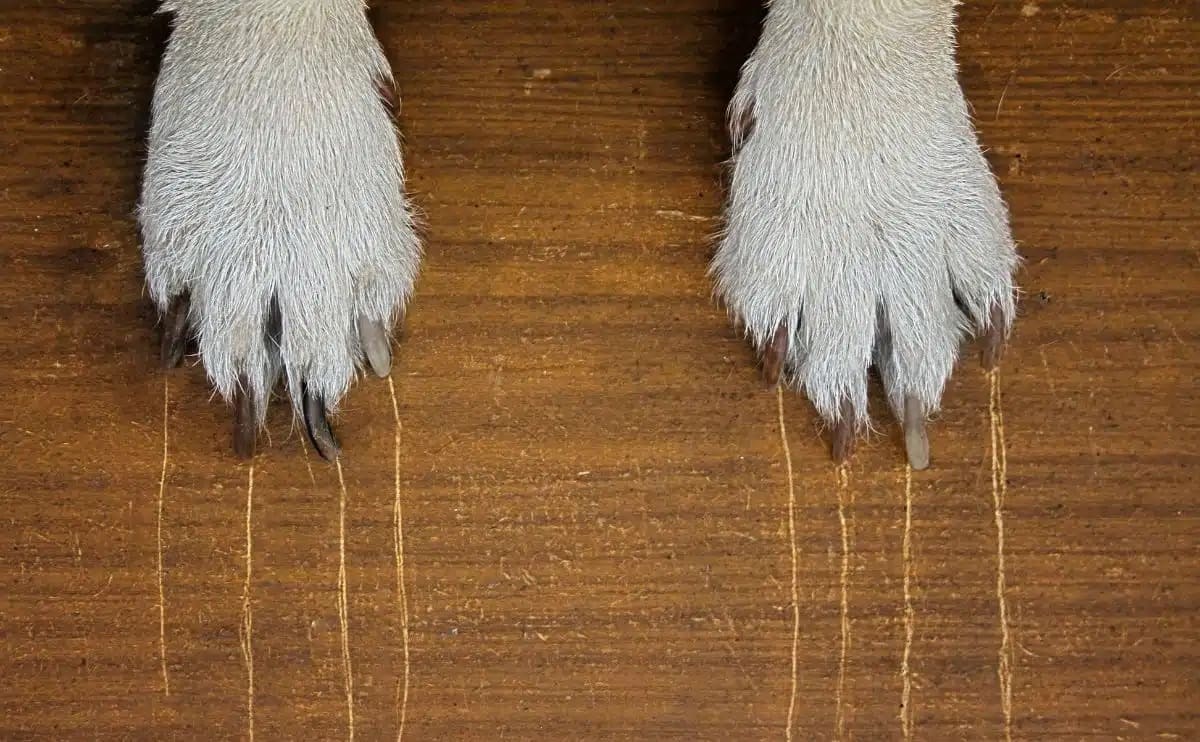
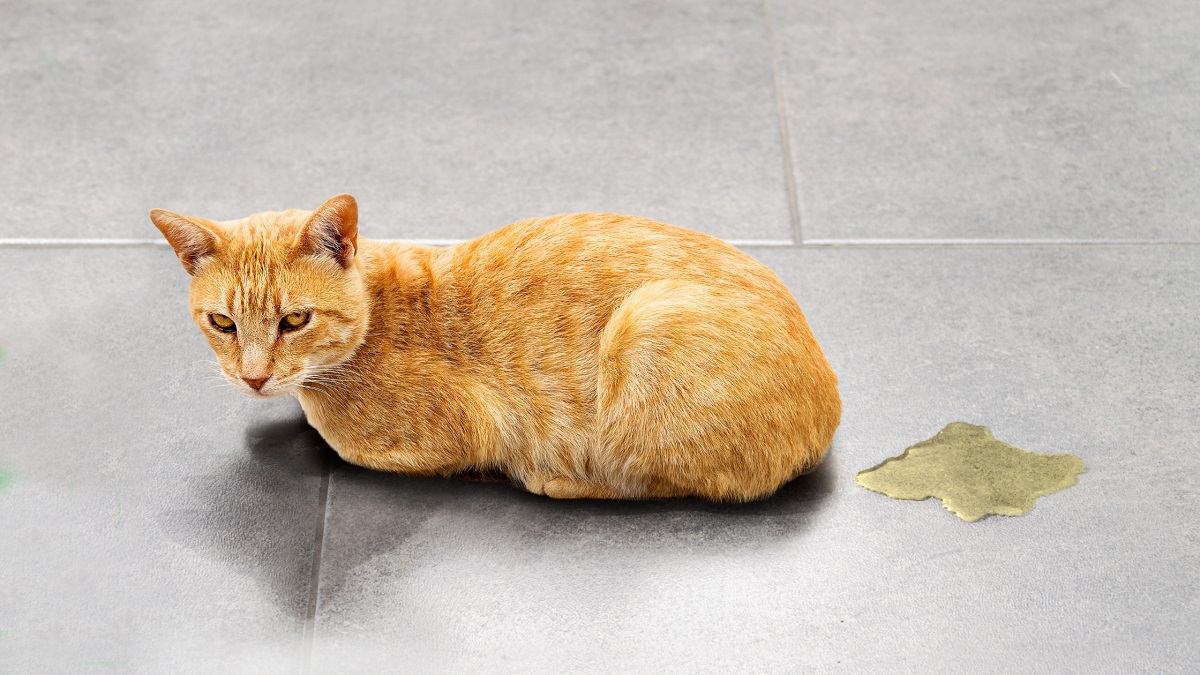
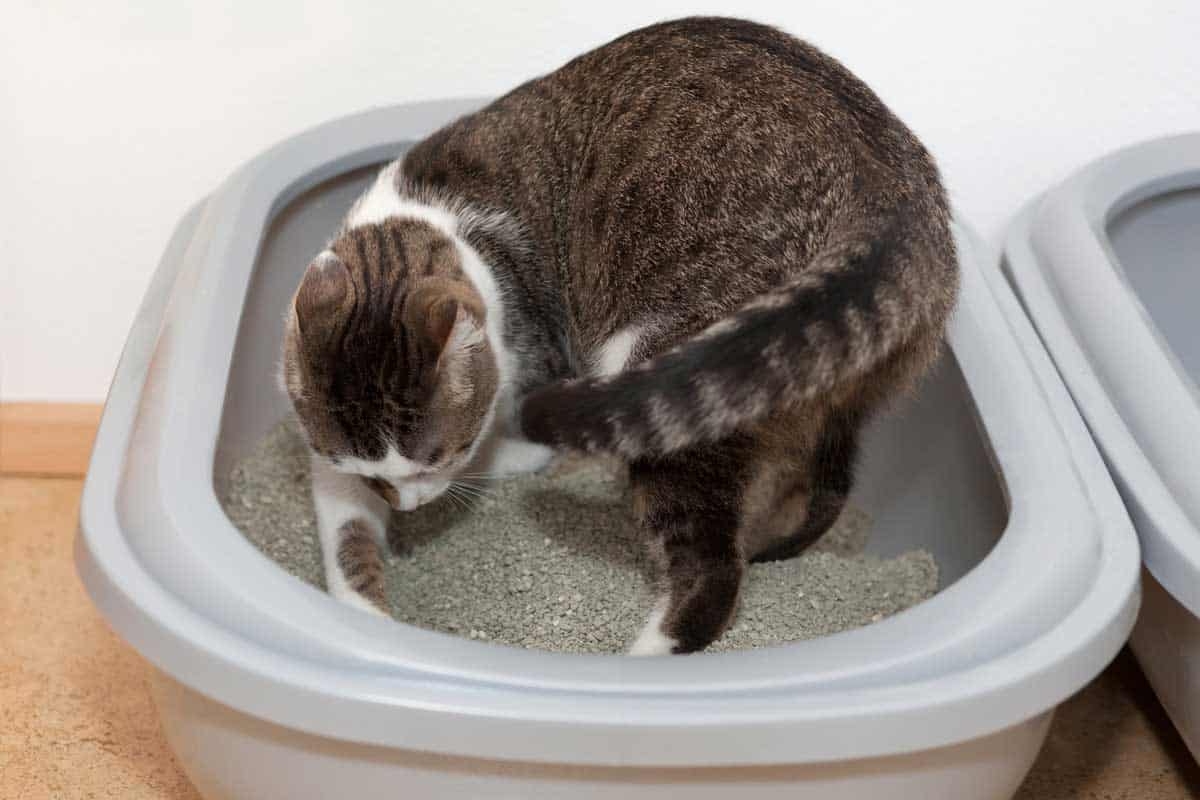
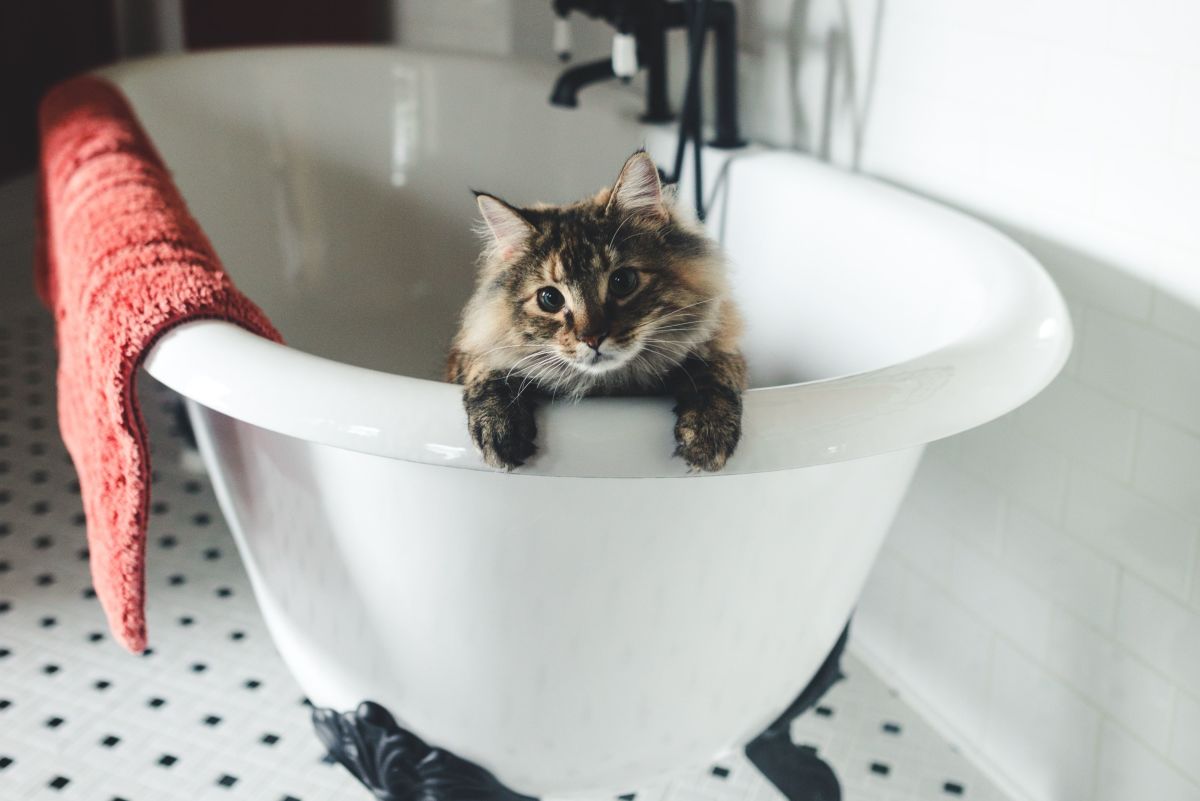
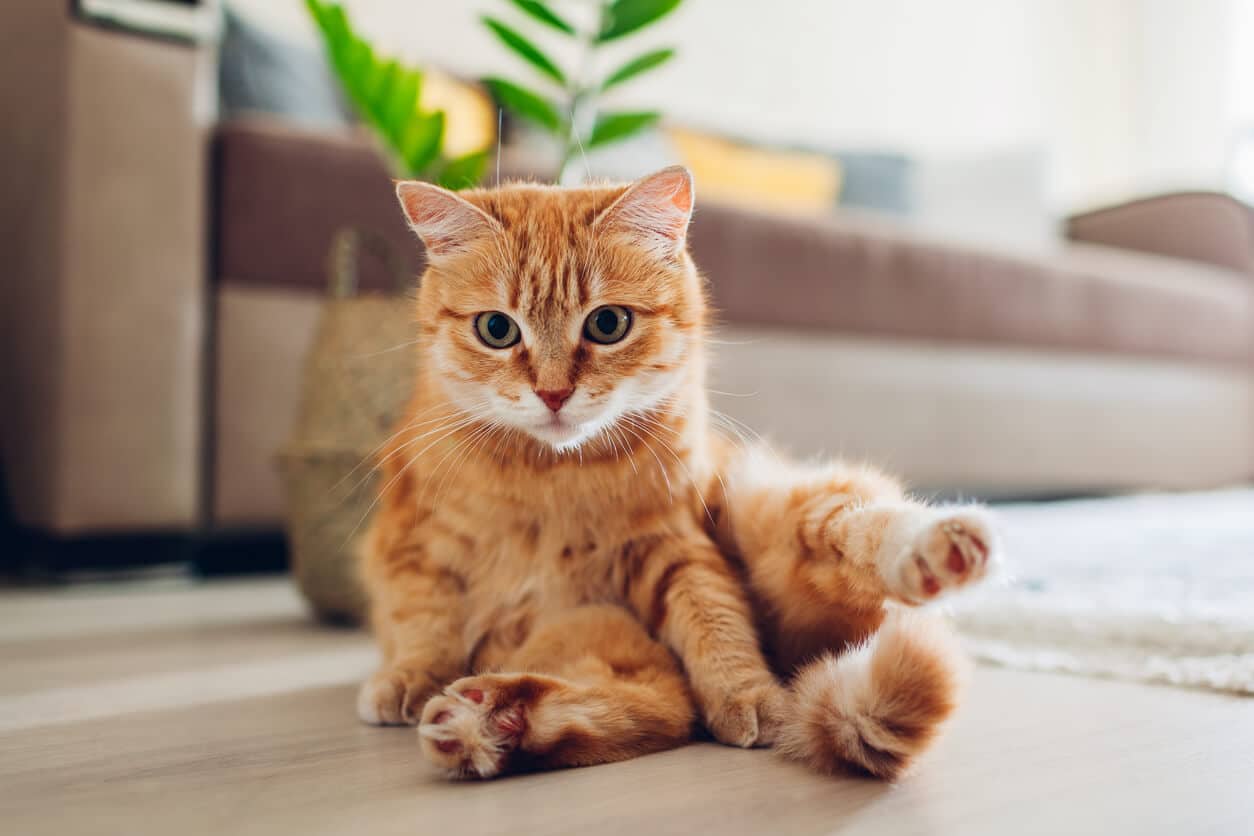
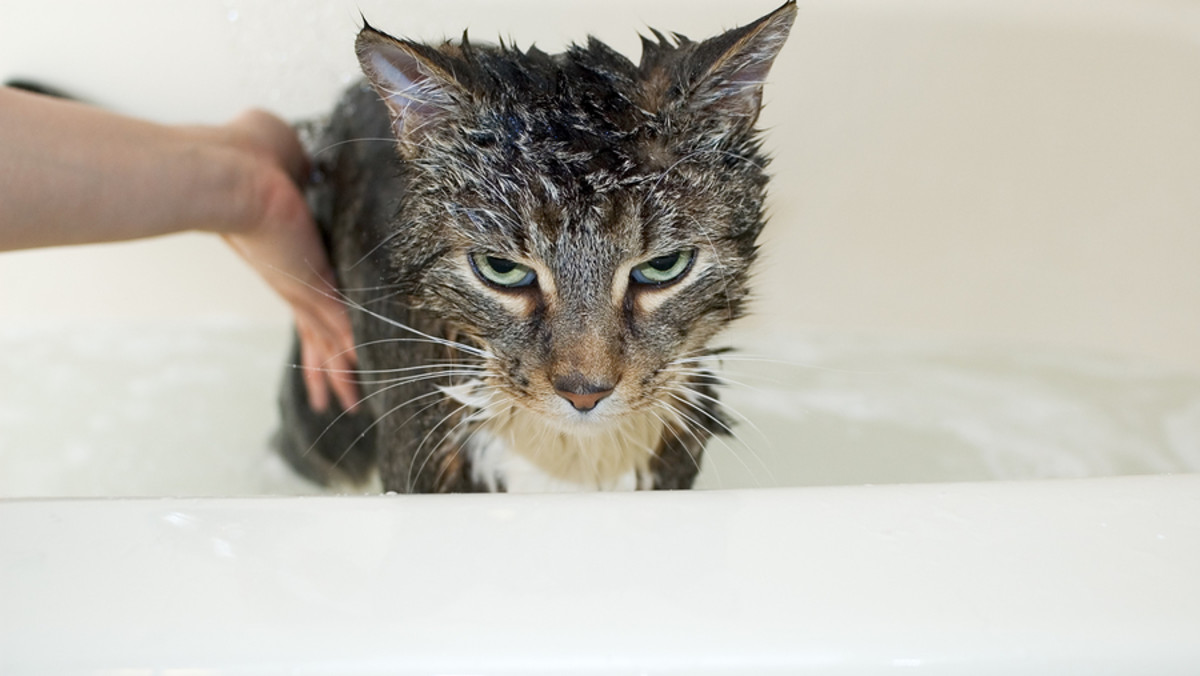
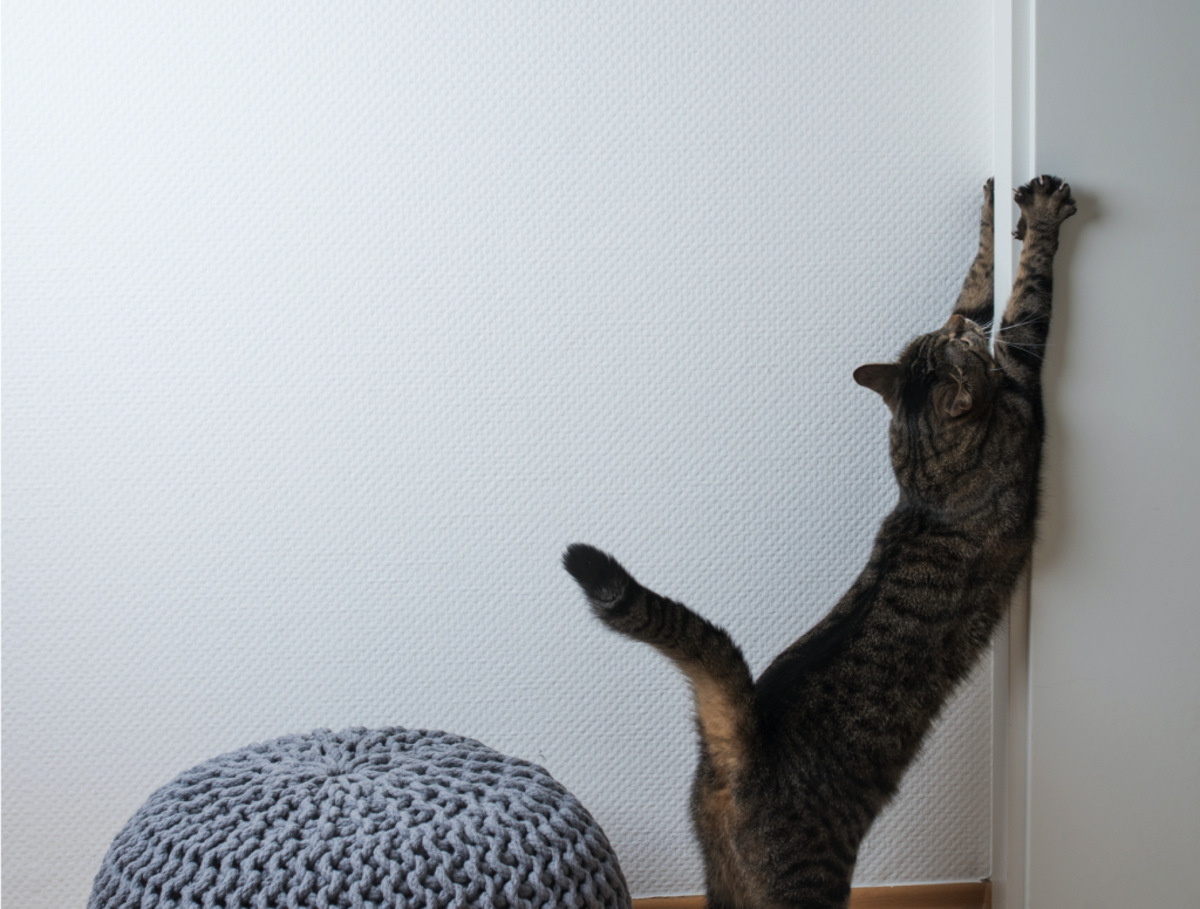
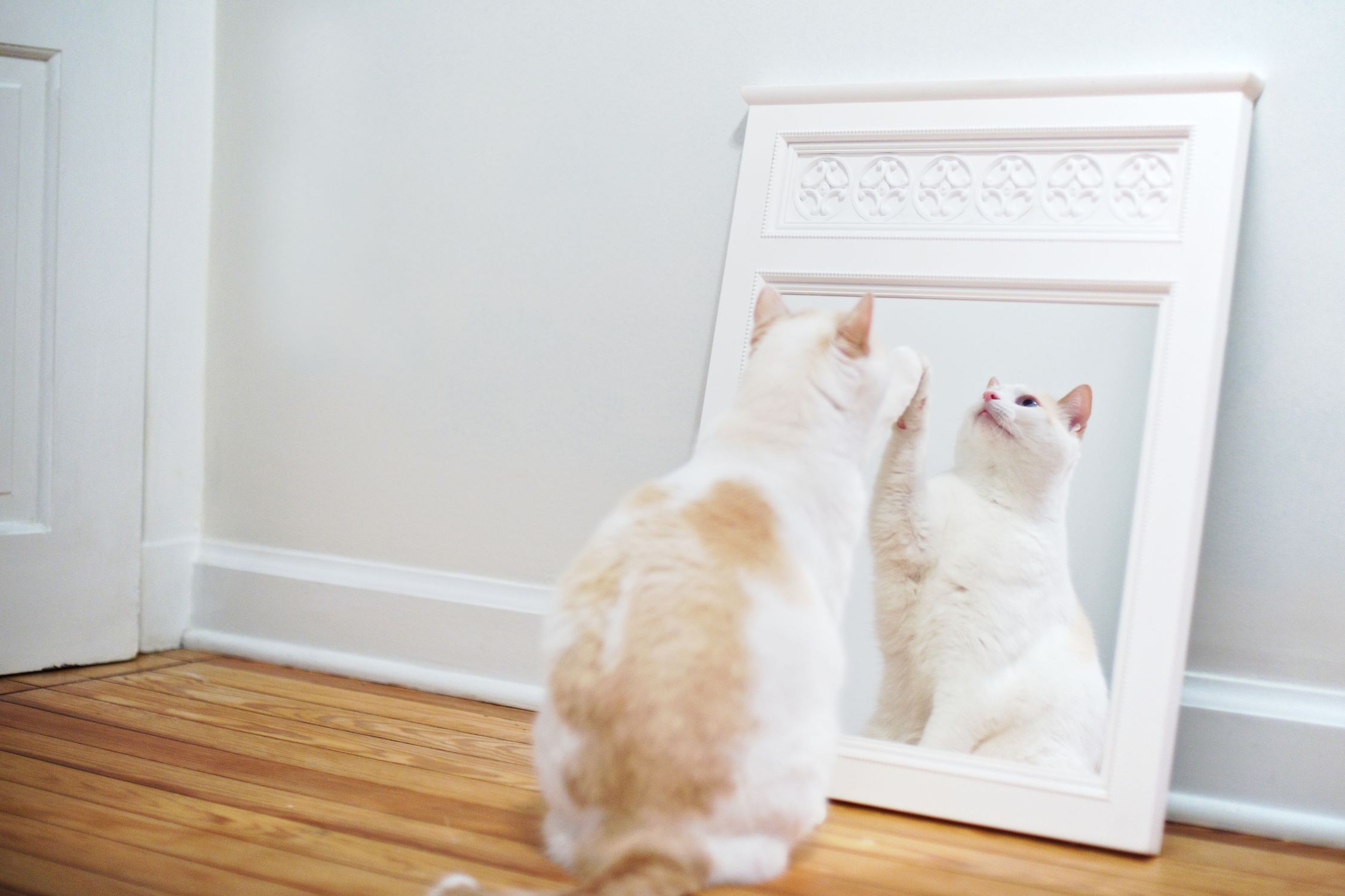
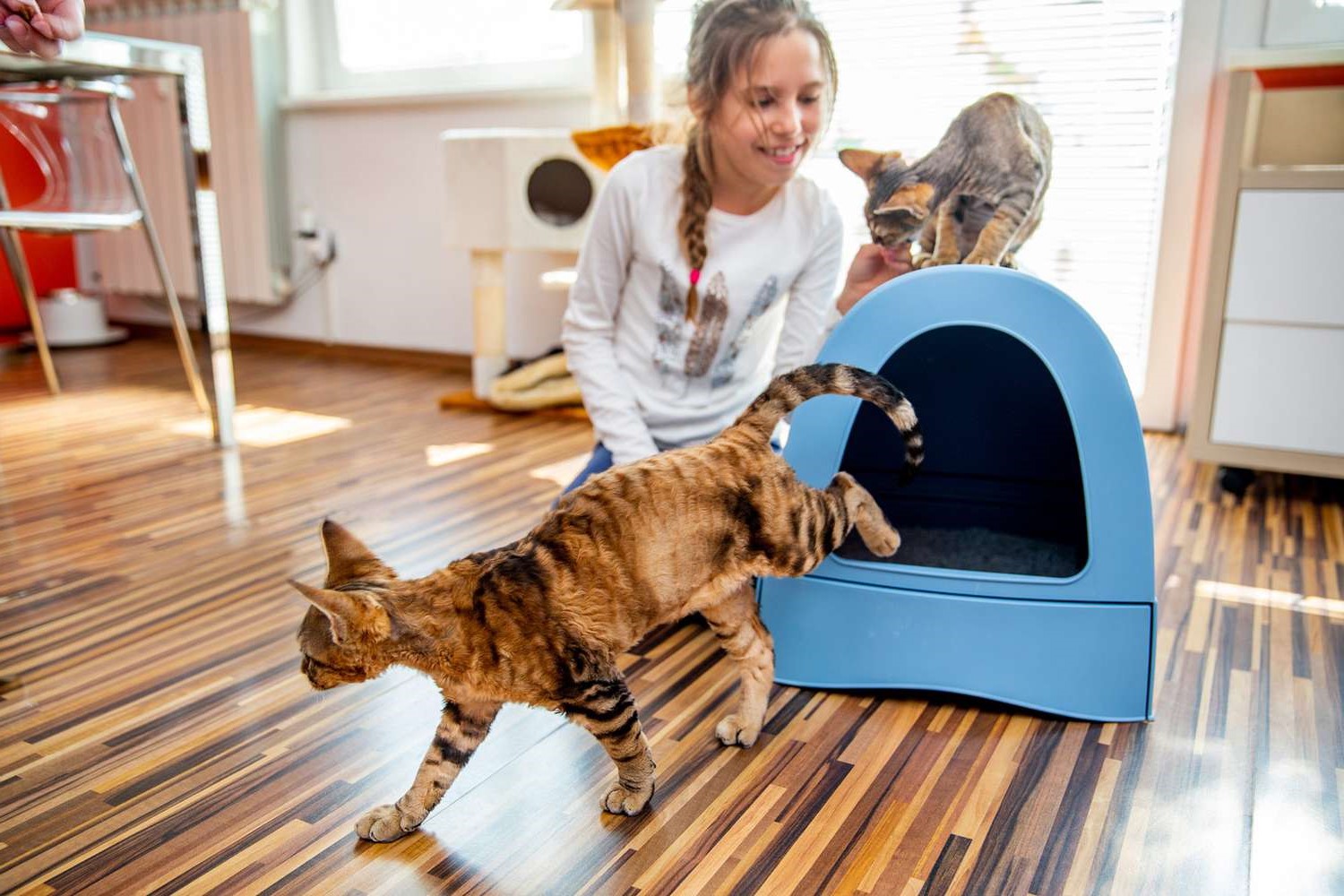
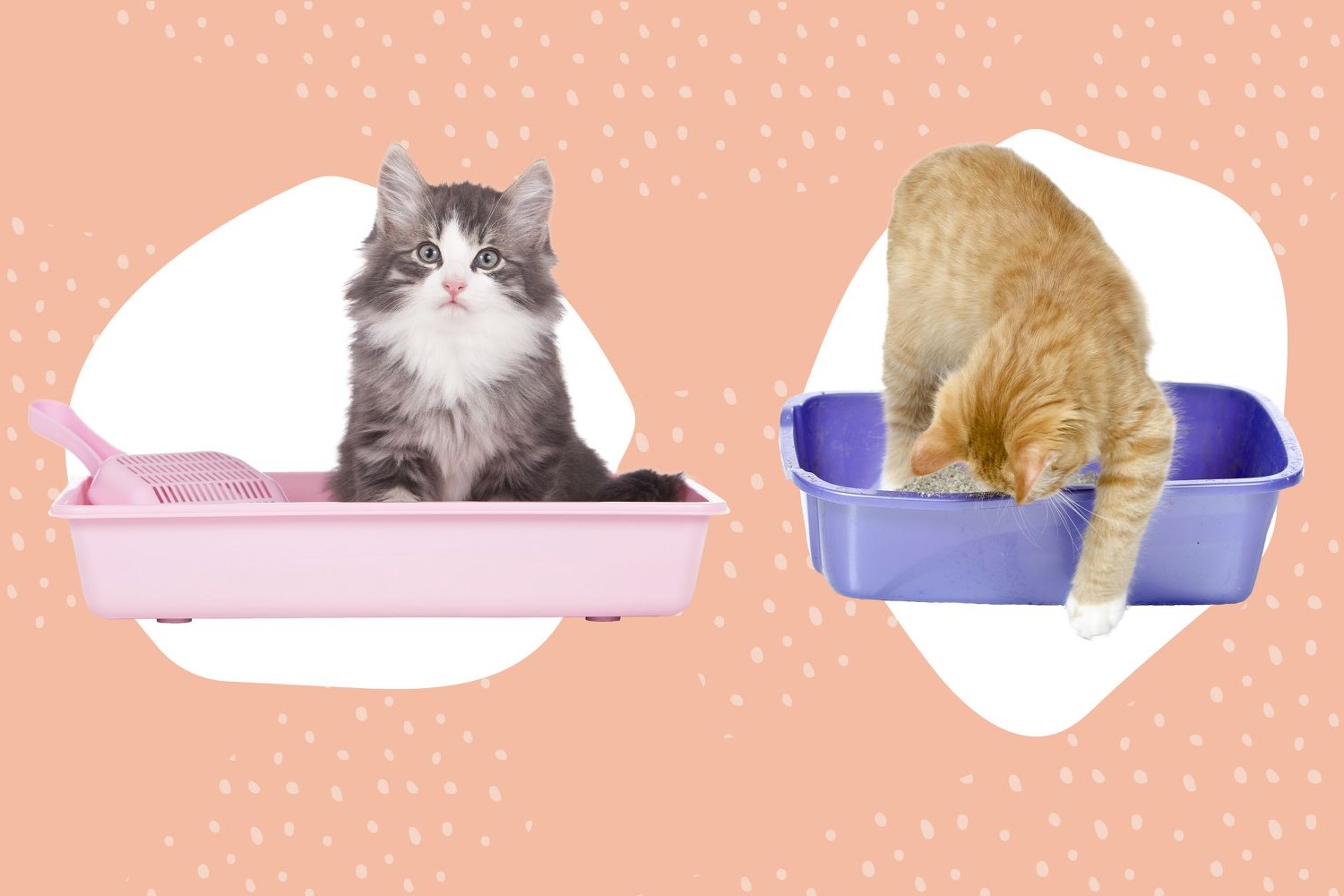

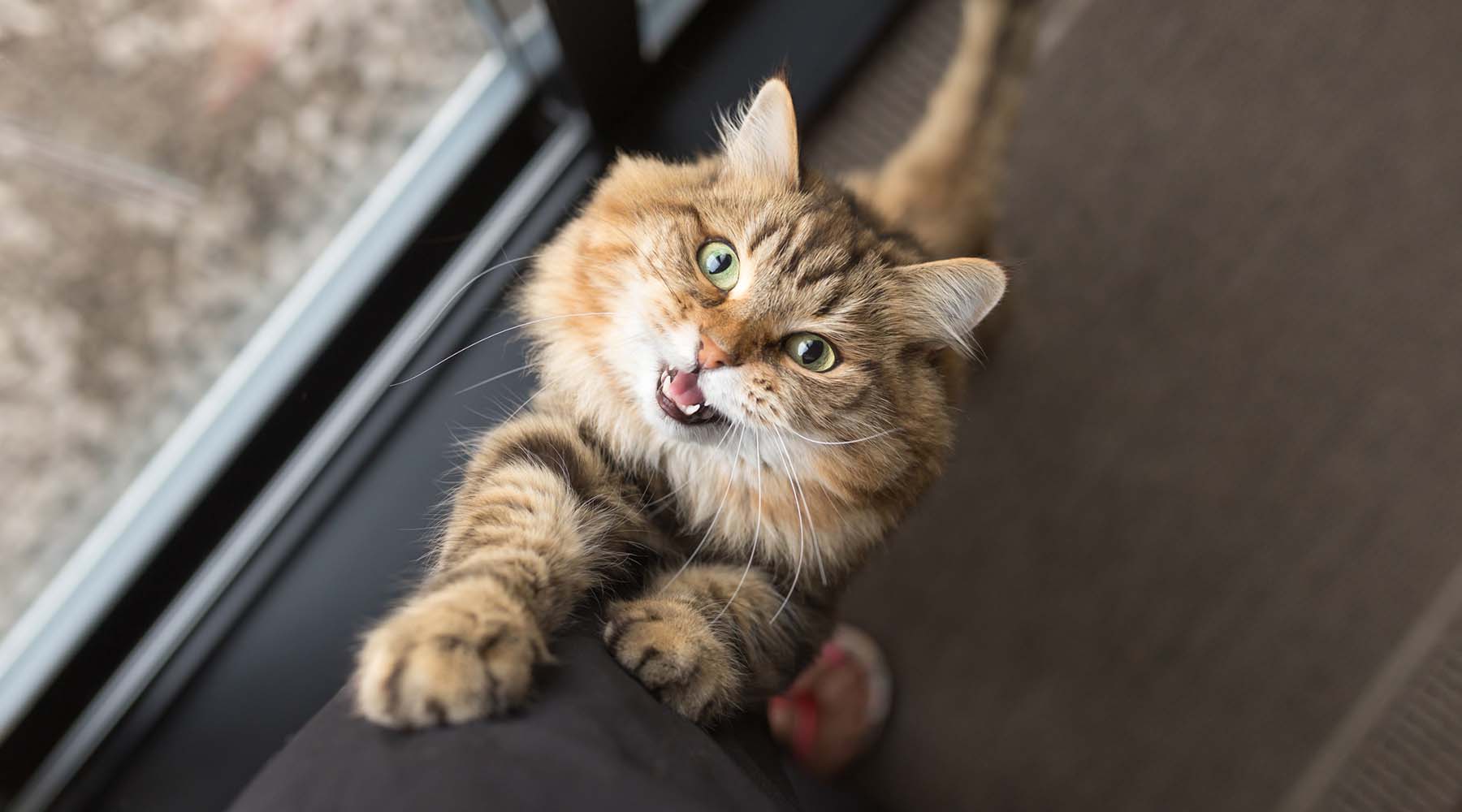
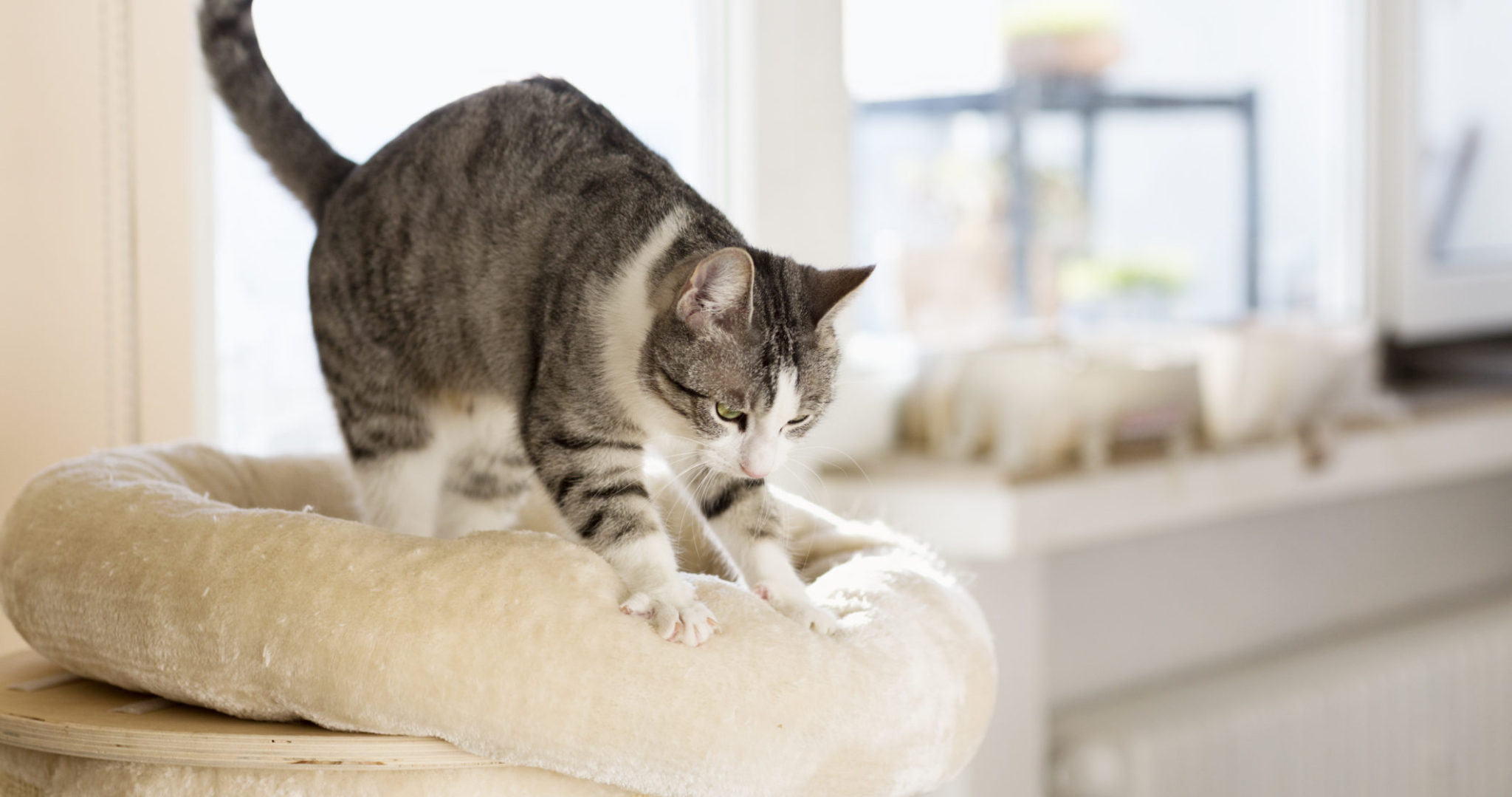
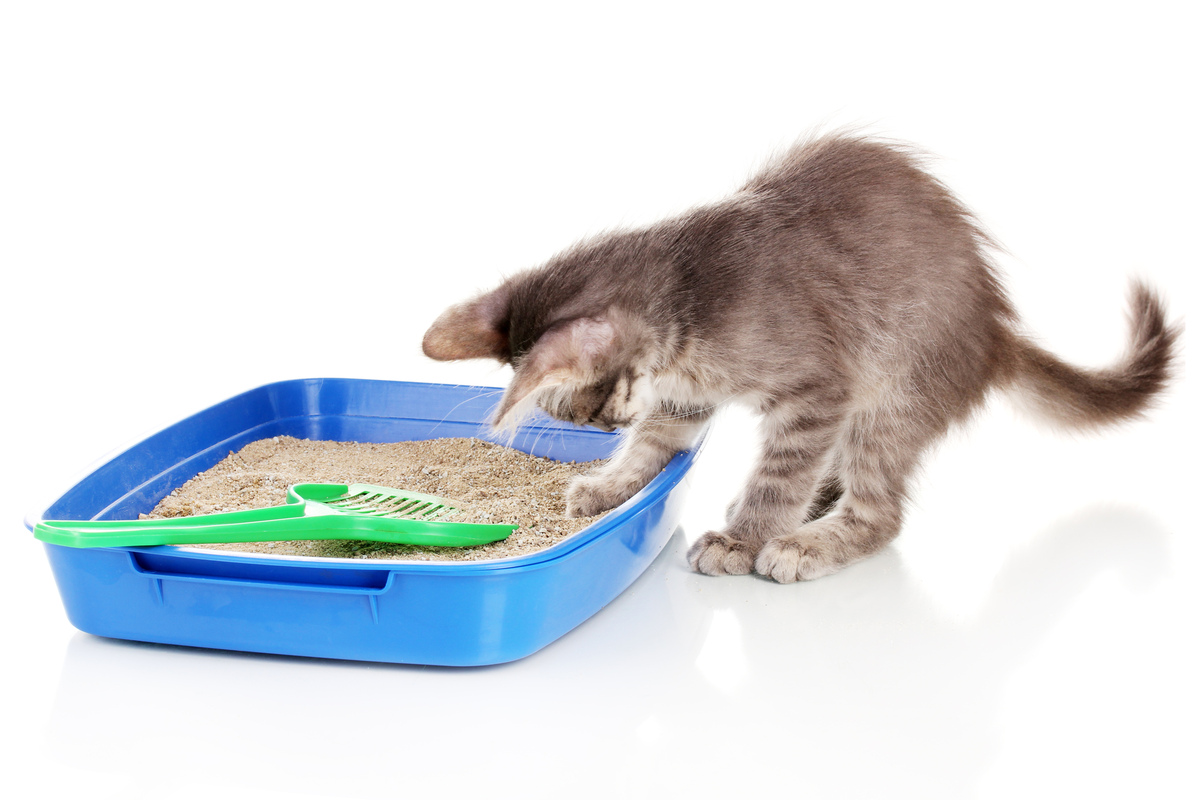

0 thoughts on “Why Do Cats Scratch The Floor”